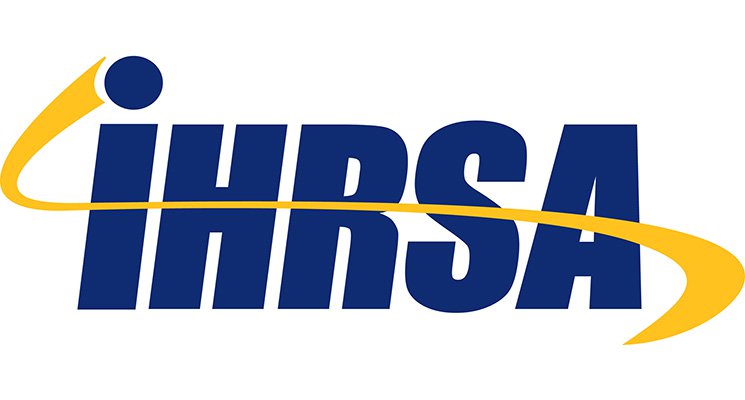It’s almost that time again, folks—IHRSA convention and trade show time. The upcoming event, slated for the mid week of March in San Diego, will mark IHRSA’s 37th year of gathering industry members for discussion, exploration, learning, marketing, and all-around celebration of the health and fitness world. Here’s why, if you haven’t registered already, you should consider doing so; if you have registered, here’s why you’ll be happy you did.
1) Connection. First and foremost, attending a convention or trade show—any convention or trade show, but especially the industry’s largest—gives you the opportunity to connect with others in the field. Sure they may be competitors, but your competitors have something to teach you. Happily, participants who choose to attend events like conventions generally do so with an open attitude. Through casual conversations, over meals and beverages, meetings and introductions, ideas are transferred and transformed. Want to know how the gym down the street handles retention issues? Want to understand why that other baseball center is so successful at attracting new customers? Here’s your chance to find out.
2) Education. The latest industry news comes out during conventions like IHRSA’s. Statistics on the health of the industry, trends to keep an eye on, threats to look out for, and the most up-to-date word on major players all get talked about here first. Also, conventions can be an invaluable source of information about best practices. How do other clubs handle issues like employee training, member retention, locker-room cleanliness, and difficult clients? Every topic is fair game for discussion at such conventions, and you might find yourself going home with ideas you want to implement immediately.
3) Relationship-building. Okay, this is a lot like the first item in this list, but what I’m talking about here is bigger and deeper than a mere connection. Connecting with others in the industry is important and building relationships with them is crucial. I want to emphasize this. As with any endeavor, you’re more likely to succeed with your business if you’ve got a solid, reliable support system; this is true on all levels. The salespeople looking to sell you products at a trade show are not merely trying to fill their pockets. They really want the opportunity to meet you, get to know you, understand your needs and desires as a customer. Industry reporters, trade organizations, fellow business people—everyone is worth considering as the source of a potentially valuable relationship.
4) Sharing. Even if it’s easy to forget for most of the year, conventions and trade shows can serve to remind you that the difficult work you do is the same as the difficult work others do. And just as you can gain ideas and tips from other facility folk you meet at such events, other facility folk can gain ideas and tips from you. You might even seek to take part in a panel or give a talk. The pay-off might not be immediate, but eventually they’ll become clear, in tangible and intangible ways, you’ll reap the benefits of having been a part of a major event for months to come—at least until next year’s convention.



